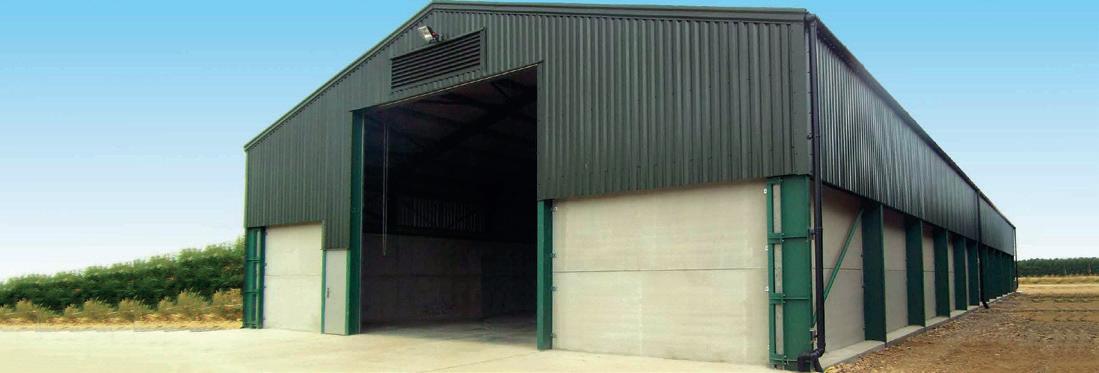
2 minute read
OPINION Johann Tasker Gene editing is brave new world for farming
It’s a widely held belief – among the general public at least – that agriculture is a traditional occupation where little changes from generation to generation. But the truth is that farmers have always embraced innovation and new ways of doing things.
The passing into law of the Genetic Editing (Precision Breeding) Act is a case in point. It might not have gathered many headlines in the mainstream media, but the green light for gene-editing has the potential to be a gamechanger – especially for arable farmers.
Midland Farmer is a controlled circulation magazine published monthly for farmers and growers in the Midlands (Derbyshire, Herefordshire, Leicestershire, Lincolnshire, Northamptonshire, Nottinghamshire, Shropshire, Staffordshire, Warwickshire, West Midlands and Worcestershire) or companies supplying goods and services to the sector. To be included on the circulation list, a farmer must have a minimum of 70 acres of land, or 50 dairy/beef stock, or 50 breeding sows/250 growing stock, or 15,000 laying hens/broiler chickens. Intensive horticulture units are required to have a minimum of two hectares.
If you no longer wish to receive this magazine, please email your name, address and postcode as it appears on the wrapper to adam.gunton@micropress.co.uk
© Countrywide Publications 2023
Published by Countrywide Publications, Fountain Way, Reydon Business Park, Reydon Suffolk IP18 6DH
T: 01502 725800
Printed by Micropress
Printers Ltd T: 01502 725800

Scientists say the new law paves the way for faster development of higher-yielding, more nutritious and climate-resilient crops for farmers – creating beneficial traits that would otherwise take decades using traditional breeding methods.
Gene editing is different to genetic modification. It involves tweaking plant and animal DNA in ways that could have happened naturally or through traditional breeding techniques – only much quicker – whereas genetic modification involves inserting genes from different species.
In the coming years, we can expect to see UK farmers growing gene-editing crops which are more resistant to drought and disease, re- quire less fertiliser and fewer pesticides, and which are faster growing or have other beneficial traits.
These are largely traits that benefit producers. But there could be traits that benefit consumers too. Scientists have already developed gene edited wheat with improved food safety and specially enriched Omega-3 oilseeds.
Some people – and indeed some farmers –are against gene editing technology. The Soil Association, which represents organic producers and consumers, argues that it puts profit ahead of sustainable farming.
Opponents argue that gene edited crops can be heavily patented and therefore play heavily towards corporate, interests, rather than environmental benefits. They argue that this would remove more independence and control for farmers over their own businesses.
Ultimately, though, it won’t be farmers who decide whether or not gene editing is acceptable. Consumers will have the last say – and if they judge that the benefits outweigh any disadvantages, gene edited crops will be here to stay.
Johann Tasker Editor










